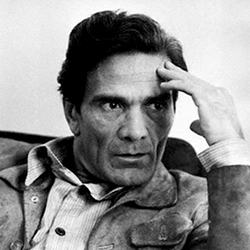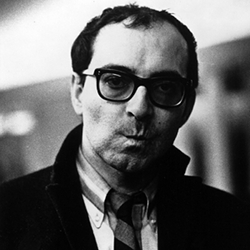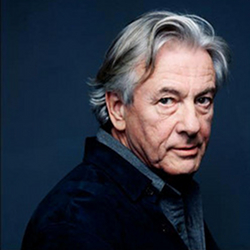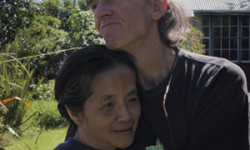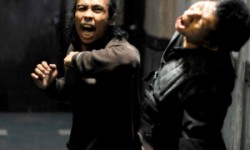
ReelWorld Film Festival: Mama Rainbow Review

Mama Rainbow (2012)
Director: Fan Popo
Country: China
Genre: Documentary
Editor’s Notes: The following review is part of our coverage for the 2014 ReelWorld Film Festival. For more information on the festival visit www.reelworld.ca and follow ReelWorld on Twitter at@ReelWorldFilm
Fan Popo’s documentary Mama Rainbow is all content over quality. The content is a story about parents coming to accept their gay and lesbian children in China, where there is an intense stigma on homosexuality, though not as intense as in Africa or the Middle East where there are laws against it. The issue in China is familial. Parents don’t want to accept that their child is homosexual because of their family traditions and hopes of continuing the family name.
What Popo does is he gathers mothers and their children who have come out as gay or lesbian and interviews them about the coming out and how the family reacted to it. Some were immediately accepting, some already knew and others took some time to really understand what it meant and eventually accepted and advocated for their children.
Fan Popo’s documentary Mama Rainbow is all content over quality. The content is a story about parents coming to accept their gay and lesbian children in China, where there is an intense stigma on homosexuality…
The broader issue is that in China, according to the film, most people don’t understand homosexuality. Some on the street interviews had people saying that it’s fine, until they’re asked how they’d feel if their children were LGBT, then their attitudes change. They, like many in the west, still labor under the impression that it’s a lifestyle choice and not that people are born with certain attractions that are more natural than others. This makes them feel that with education and ‘proper’ guidance, their children can change and ‘make the right decision’.

The mothers in this film do not take that attitude. They love their children and go to great lengths to tell their stories and promote wider acceptance of the LGBT community. They attack the subject with great vigor and passion. They tell their personal stories on camera and let Popo follow them around to social engagements as well as gatherings of PFLAG China, an LGBT group organized for the wider acceptance and understanding of their community.
The biggest trouble I had with the film is that it looks awful and poorly constructed. There is no rhythm to the film, just pasted together interviews from different cities that can get repetitive. It seems Popo is so focused on the message he’s trying to get out that he neglected the form in which it is presented. The interviews aren’t lit well, the sound is often bad and the editing is terrible. There are misaligned match cuts and an overall amateur quality to the entire proceeding. It’s entirely possible that he was desperately trying to make every dollar of a tiny budget work to getting his story out and there is nothing wrong with that, but it also seems like he took no care in learning the craft of filmmaking before he set out on this mission. His passion for the project is clear and I feel that if he’d invested some time in learning the technical aspects of filmmaking his message would have been more powerful.
The biggest trouble I had with the film is that it looks awful and poorly constructed. There is no rhythm to the film, just pasted together interviews from different cities that can get repetitive.
What he relies on instead of technical prowess is the charm of his subjects and their compelling stories. This is what makes the film watchable and even good despite it not looking all that great. The passion that drives these mothers is inspiring and these women could teach the West a few things about acceptance despite some mentioning that their outlook is very westernized.
I also noticed something that ended up detracting from the impact the film had on me. There are no fathers interviewed on camera or otherwise seen in the film. I realize the film is called Mama Rainbow and Popo’s main focus is on mothers, but without a single father of one of these out kids dulls the impact. It would show even greater movements towards acceptance if there was at least one man talking about how much he loves his gay kid. Instead, we only get the mothers and fleeting mentions of the kids’ fathers.
The overall impact may be dulled by the lack of technical quality and a narrow focus that omits discussions with fathers, but Mama Rainbow is still an entertaining and valuable film. It shows how just a handful of people are trying to make sweeping changes to one of the oldest cultures on Earth. The message is simple but immensely important and that is that we are all human, no matter who anyone loves, and every person on Earth deserves equal consideration and rights. Who someone loves is no more a marker of who they are than their skin color, religion or social status and in a perfect world would not be regarded as such. Mama Rainbow shows us what people are and should be willing to do to make everyone realize this.









